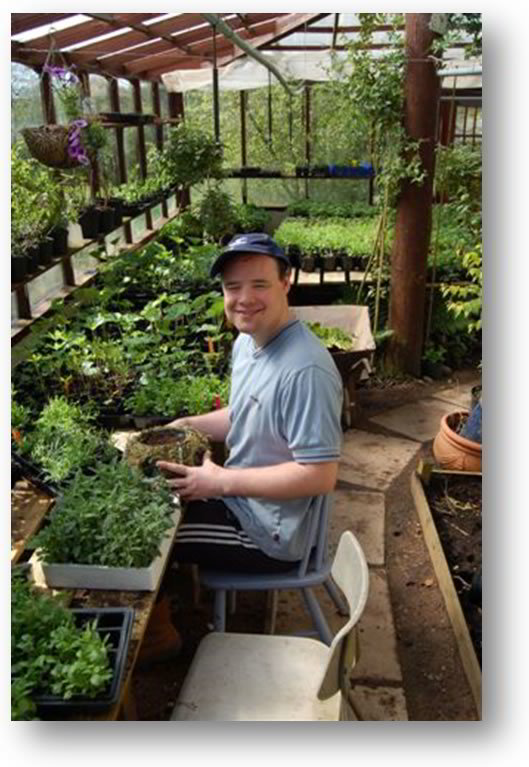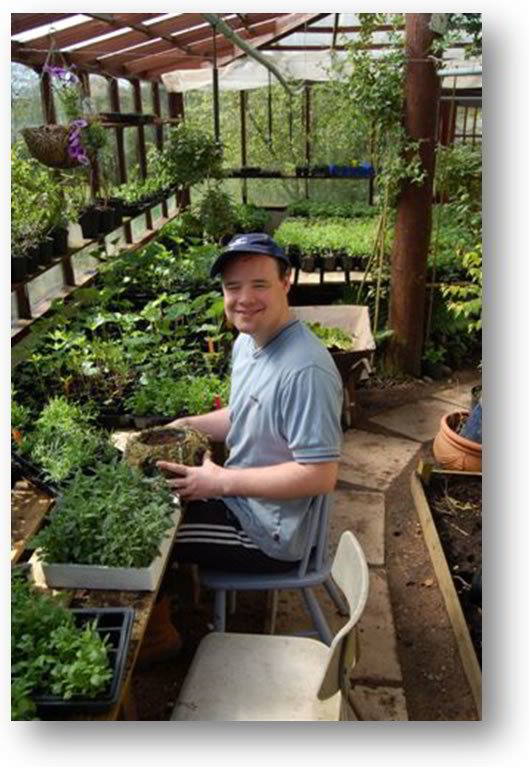People grow better in gardens

We are approaching a time of the gardening year when you can take things a bit easier, as you will have tidied up your garden, prepared the ground for vegetable and fruits and when the last of the frosts have passed, you will be finishing your summer bedding schemes and containers.
The months of April and May have been a riot of colour, with spring flowering Rhododendrons, while alpines always brighten up the garden and many will have been for a nice walk to Darroch Woods to see the lovely bluebells.
Once the summer bedding is sorted out, you can concentrate on maintaining the garden, involving some grass cutting, weed control, watering and monitoring any disorders such as aphids and fungal diseases on your plants
Gardening has been proven to be good for you in a variety of ways and many people derive therapeutic benefits and in my time in horticulture; I have observed many success stories.
Light gardening or otherwise provides physical exercise and is known as the green gym, but care should be taken to avoid overdoing it as strains and tears can be painfu.l
Just like any exercise; it takes time to become accustomed to long periods of gardening and so it is desirable to pace yourself and seek help where necessary.
There is something extremely satisfying about achieving successes in the garden; be it the establishment of a plant from seed or something like an improvement to an area of your garden.
Gardens and garden projects are ideal from many individuals who find life difficult and can escape for a time, whether they are actively involved or not.
The garden can be invaluable for people suffering from dementia, while mental health issues can be helped as well.
Many will be taken back in time and recall memories whilst gardening and so the development of sensory and community gardens in society is a key factor in improving lives, with GPs’ prescribing gardening instead of always tranquilisers
 ‘I love it out here’-some people find a new hobby, new confidence and friends via gardening.'
‘I love it out here’-some people find a new hobby, new confidence and friends via gardening.'
Therapeutic gardening: ‘The use of plants by a trained professional as a medium through which certain clinically defined goals may be met.’
‘… the process by which individuals may develop well-being using plants and horticulture. This is achieved through active or passive involvement.’
Journal of Social & Therapeutic Horticulture, 1999.
For more information about therapeutic horticulture, contact Trellis
Over the years, I have assisted very many people in therapeutic gardening sessions with professional assistance and have observed tremendous results such as improved confidence, self-esteem and working better with others.
Gardening is well established in children’s nurseries and schools; while community gardens enable everyone to participate in gardening; share experiences; become healthy in body and mind and above all have fun.
Volunteering can be beneficial for anyone who needs to get involved and make a difference and one of the best ways to have fun, meet people and help the community is to approach Blair in Bloom and you could be helping to enhance the appearance of Blairgowrie & Rattray.
Happy gardening
Gordon Croll




